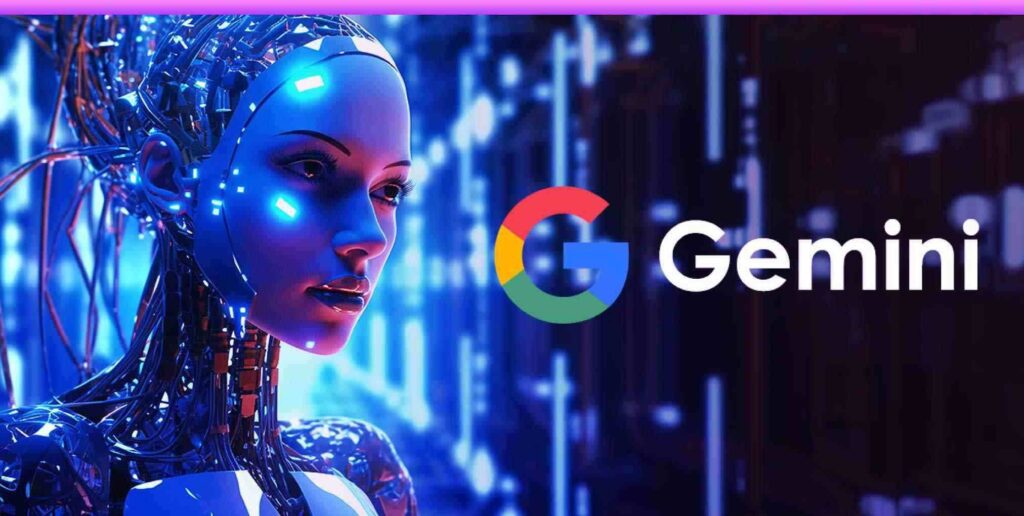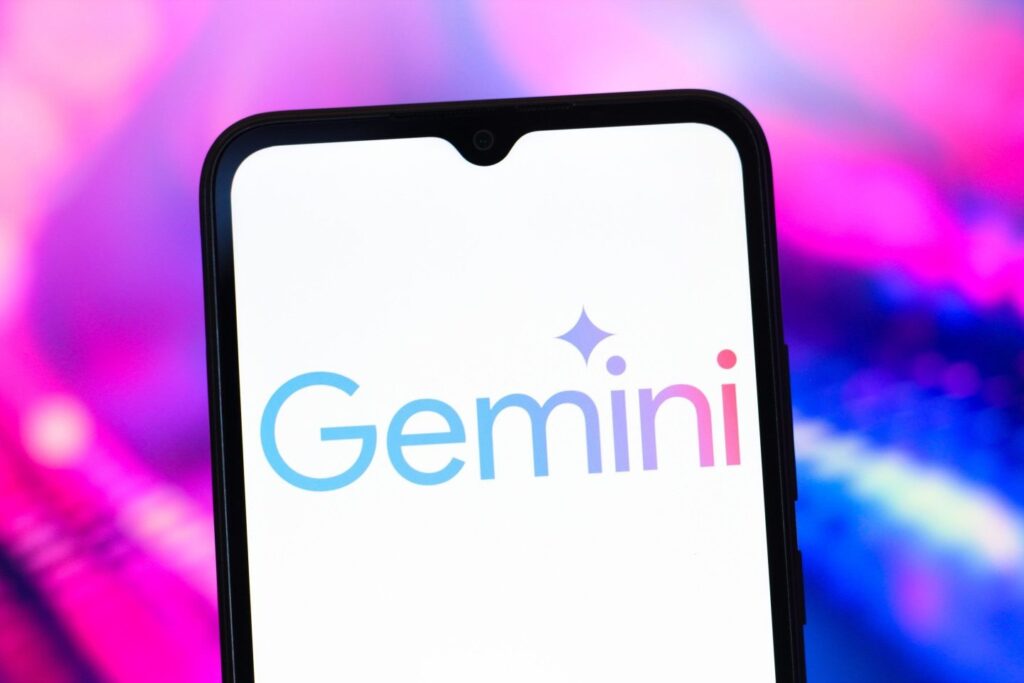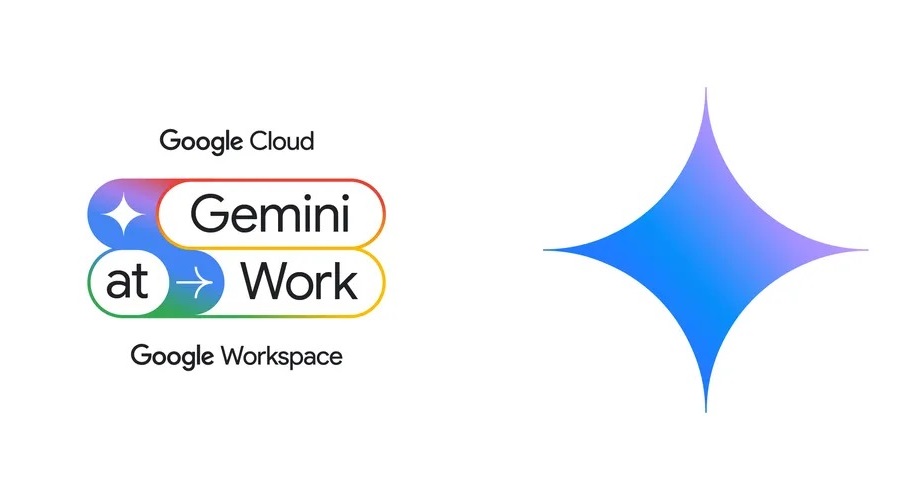Artificial intelligence is no longer a futuristic concept—it’s here, and businesses are already reaping its benefits. Among the most exciting tools leading this change is Google Gemini, Google’s next-generation AI model built to support both individuals and organizations. Unlike traditional AI tools, Gemini is integrated directly into Google Workspace apps like Docs, Sheets, Gmail, and Slides, making it highly accessible for everyday business tasks.
For companies, this means less time spent on repetitive work and more time focused on strategy, growth, and innovation. From drafting professional emails and summarizing reports to analyzing data and generating proposals, Gemini offers practical solutions that fit seamlessly into existing workflows.
This guide is designed for beginners who want to understand how Google Gemini can be used in business. We’ll explore its key features, use cases, best practices, and what the future holds for AI in the workplace.
What is Google Gemini?
Google Gemini is Google’s latest and most advanced artificial intelligence model, designed to power a wide range of applications—from everyday writing tasks to complex business solutions. Launched as the successor to Google Bard, Gemini is built on cutting-edge AI research and combines text, code, images, and even data analysis in a way that feels natural and efficient. For businesses, this means having a single AI tool that can handle multiple needs without switching between different platforms.
Unlike earlier AI tools that focused only on chat-based conversations, Gemini is integrated directly into Google Workspace apps such as Docs, Sheets, Gmail, and Slides. This makes it easy for teams to use AI in their daily workflow, whether it’s drafting reports, summarizing meeting notes, analyzing spreadsheets, or creating presentation content.
What makes Gemini stand out is its multimodal capabilities. In simple terms, it can understand and work with different types of input, not just text. For example, businesses can upload data or charts, and Gemini can generate insights, explanations, or even tailored summaries. This versatility sets it apart from many competitors in the AI space.
In short, Google Gemini is more than just a chatbot—it’s an all-in-one AI assistant designed to support productivity, decision-making, and communication. For companies just starting to explore AI, Gemini provides a beginner-friendly yet powerful way to see how artificial intelligence can bring real value to business operations.
Why Businesses Should Care About Gemini AI
In today’s fast-paced world, businesses are under constant pressure to do more with less—less time, fewer resources, and tighter budgets. This is where Google Gemini AI becomes a real game changer. By embedding powerful AI directly into Google Workspace, Gemini helps companies streamline daily tasks, improve efficiency, and reduce the manual workload that often slows teams down.
One of the biggest reasons businesses should pay attention to Gemini is productivity. Instead of spending hours drafting reports, writing emails, or creating proposals, teams can use Gemini to generate polished drafts in minutes. It can also summarize long documents, extract key insights, and suggest improvements, allowing employees to focus on strategy rather than repetitive tasks.
Gemini also supports better collaboration. Since it works inside familiar tools like Docs, Sheets, and Gmail, employees don’t need to learn new software. Teams can brainstorm ideas, refine presentations, or analyze data—all with AI assistance—making remote and hybrid work smoother.
For companies focused on cost savings, Gemini reduces the need for external writing or research tools, consolidating everything into one platform. At the same time, its ability to process large amounts of data means businesses can make smarter, faster decisions based on real insights.
Ultimately, Gemini isn’t just about automation—it’s about helping businesses stay competitive. By embracing this technology early, companies can unlock innovation, improve workflows, and position themselves ahead of competitors who are still catching up.

Core Features of Gemini for Business
Google Gemini isn’t just another AI tool—it’s a multifunctional assistant designed to work directly inside the tools businesses already use. Here are some of the core features that make Gemini valuable for companies of all sizes:
1. Content Generation and Editing
Gemini can draft emails, reports, proposals, and marketing copy in seconds. It adapts to different tones—professional, persuasive, or casual—depending on your needs. Beyond writing, it also edits existing text for clarity, grammar, and style, ensuring that your communication always looks polished.
2. Document Summarization and Insights
Long reports or meeting transcripts can be overwhelming. Gemini can summarize documents into key points or generate quick executive summaries. For managers and executives, this feature saves hours and helps them stay on top of important details without digging through lengthy files.
3. Data Analysis and Reporting in Google Workspace
Inside Google Sheets, Gemini can process raw data and turn it into insights. It can highlight trends, create summaries, or even suggest visualizations that make data easier to understand. This helps businesses make smarter, data-driven decisions quickly.
4. Smart Email and Communication Support
Within Gmail, Gemini can draft professional responses, follow-ups, and client messages. It can also adjust tone—for instance, making an email more persuasive for sales or more formal for business correspondence—helping teams maintain consistency in communication.
In short, Gemini’s core features are designed to save time, boost productivity, and improve collaboration. By integrating directly into Workspace apps, it removes the friction of switching between tools and puts AI assistance exactly where businesses need it most.
Getting Started with Gemini for Business
Adopting a new technology can sometimes feel overwhelming, but getting started with Google Gemini for business is surprisingly simple. Since Gemini is already built into Google Workspace, most of the setup involves enabling features and learning how to use them effectively.
Step 1: Check Account Requirements
Gemini AI is being gradually rolled out across Google accounts. Businesses using Google Workspace are more likely to have access to advanced features. Make sure:
- Your company uses an active Workspace plan.
- Your account is updated to the latest version.
- Your admin has enabled Gemini in the organization’s settings.
If you’re using a personal Google account, you may still see basic Gemini features, but advanced tools are often reserved for Workspace subscribers.
Step 2: Enable Gemini in Google Workspace
Once your account is eligible, enabling Gemini is easy. Simply open Google Docs, Sheets, or Gmail and look for the Gemini icon or the “Help me write” option. If you don’t see it, check your Workspace Admin Console (if you’re an admin) or contact your IT administrator to enable Gemini under AI tools.
Step 3: Start with Simple Prompts
Begin experimenting by typing clear instructions. For example:
- In Docs: “Draft a one-page business proposal for a software product.”
- In Sheets: “Summarize this sales data into a three-line report.”
- In Gmail: “Write a follow-up email to a client about scheduling a demo.”
The clearer and more specific your prompt, the better the output.
Step 4: Customize and Refine
Gemini gives you control to adjust results. You can ask it to make text shorter, expand details, or change tone. Businesses should take advantage of this to match their brand’s voice and communication style.
Step 5: Train Teams to Use Gemini Effectively
To maximize value, encourage employees to practice using Gemini for daily tasks. Provide examples of useful prompts and share best practices. Over time, teams will discover new ways to save time and boost productivity.
👉 By following these steps, businesses can start using Gemini AI in Google Workspace without complicated onboarding. The key is to start small, experiment, and then scale its use across departments for maximum impact.
Practical Business Use Cases
One of the biggest strengths of Google Gemini for Business is its flexibility. Whether you’re in marketing, sales, operations, or HR, Gemini can support your workflow and help you achieve results faster. Here are some real-world examples:
1. Marketing
Marketing teams can use Gemini to brainstorm campaign ideas, draft social media posts, or create ad copy tailored to specific audiences. It can also generate blog outlines, product descriptions, or SEO-friendly content, saving time while keeping messaging consistent.
2. Sales
Sales professionals spend a lot of time writing emails, proposals, and follow-ups. With Gemini, drafting a client pitch, sales email, or presentation summary becomes quick and easy. It can even adjust tone, making messages more persuasive and aligned with the client’s needs.
3. Operations
Operational teams often deal with large amounts of data and documentation. Gemini can summarize reports, generate SOPs (standard operating procedures), or convert meeting notes into actionable bullet points. This helps managers and staff focus on execution rather than admin work.
4. HR & Training
Human resources can use Gemini to create onboarding materials, employee handbooks, or training guides. It can also assist in writing internal communications, job descriptions, and policy updates—keeping messaging clear and professional across the organization.
These use cases show how Gemini AI adapts to different business functions. By integrating directly into Google Workspace, it reduces time spent on repetitive tasks and allows teams to focus on strategy, growth, and innovation.
Best Practices for Businesses Using Gemini
While Google Gemini can deliver powerful results, businesses get the most value when they use it strategically. Here are some best practices to ensure success:

1. Write Clear and Specific Prompts
Gemini’s output depends on how you guide it. Instead of asking, “Write about marketing,” try: “Write a 200-word product launch announcement in a professional tone for LinkedIn.” The more detail you provide, the better Gemini can match your needs.
2. Keep Human Oversight
Gemini should be seen as a co-pilot, not a replacement. Always review, refine, and fact-check AI-generated content. This ensures accuracy, protects your brand’s credibility, and keeps messaging aligned with your company values.
3. Maintain Consistent Tone and Style
For businesses, brand voice matters. Use Gemini’s ability to adjust tone—professional, persuasive, or casual—but always make sure the final content reflects your organization’s style. This builds trust and recognition with clients and employees.
4. Prioritize Data Privacy
Be mindful of the information you share with Gemini. Avoid entering confidential client data, financial details, or sensitive business strategies. While Google applies strong security standards, businesses should treat AI as a partner, not a secure vault.
5. Train Teams to Use Gemini Effectively
Encourage employees to experiment and share best practices. A short internal guide with prompt examples can help teams adopt Gemini faster and use it consistently across departments.
By following these best practices, businesses can unlock the full potential of Gemini AI—boosting efficiency, improving communication, and supporting smarter decision-making without losing the human touch.
Challenges and Limitations
While Google Gemini for Business offers impressive features, it’s important to understand its limitations before relying on it fully.
1. Accuracy and Reliability
Gemini can sometimes produce content that sounds polished but contains factual errors or outdated information. Businesses must always review and fact-check AI outputs to ensure accuracy, especially for client-facing materials or reports.
2. Data Privacy Concerns
Although Google emphasizes strong security standards, companies should be cautious when entering sensitive or confidential information. Using Gemini responsibly means avoiding the input of private client data, financial records, or proprietary strategies.
3. Cost Considerations
Some advanced features of Gemini are available only with paid Google Workspace plans. For small businesses or startups, this can add extra costs, especially if multiple team members need access.
4. Limited Customization
While Gemini is versatile, it may not always capture a company’s unique tone or industry-specific jargon perfectly. Human oversight is essential to refine AI-generated content so it matches brand voice and professional standards.
In short, Gemini is a powerful tool but works best when paired with human judgment and careful usage.
The Future of Gemini in Business
The future of Google Gemini for Business looks incredibly promising as Google continues to expand its AI capabilities across Workspace. What we see today is only the beginning.
One major development will be deeper integration across apps. Imagine drafting a detailed report in Docs, then asking Gemini to instantly create a presentation in Slides or generate visual data summaries in Sheets. This seamless workflow could save businesses countless hours.
Another exciting direction is personalization. Over time, Gemini may learn a company’s preferred tone, formatting, and industry terminology. This means AI outputs will feel less generic and more aligned with each brand’s unique identity.
We can also expect stronger data analysis tools, where Gemini doesn’t just summarize numbers but provides real business insights—highlighting trends, predicting outcomes, and supporting decision-making.
Finally, the future may bring voice and multimodal capabilities, allowing teams to interact with Gemini through spoken prompts or even integrate charts, images, and video into AI-assisted workflows.
In short, Gemini is evolving from a writing helper into a strategic AI partner for businesses. Companies that adopt early will be better prepared to embrace this next wave of workplace transformation.
Conclusion
Google Gemini for Business is more than just a writing tool—it’s a smart assistant built directly into the apps companies already use every day. From drafting documents and emails to analyzing data and summarizing reports, Gemini helps teams save time, reduce manual work, and focus on higher-value tasks.
Of course, like any AI, it comes with challenges such as accuracy and privacy concerns. But with the right best practices—clear prompts, human oversight, and ethical use—businesses can unlock its true potential.
As Gemini continues to evolve, it promises even deeper integration, personalization, and smarter insights across Google Workspace. For companies just starting out, the best approach is simple: experiment, learn, and scale gradually. By embracing Gemini today, businesses position themselves to work faster, collaborate smarter, and stay ahead in an AI-powered future.



